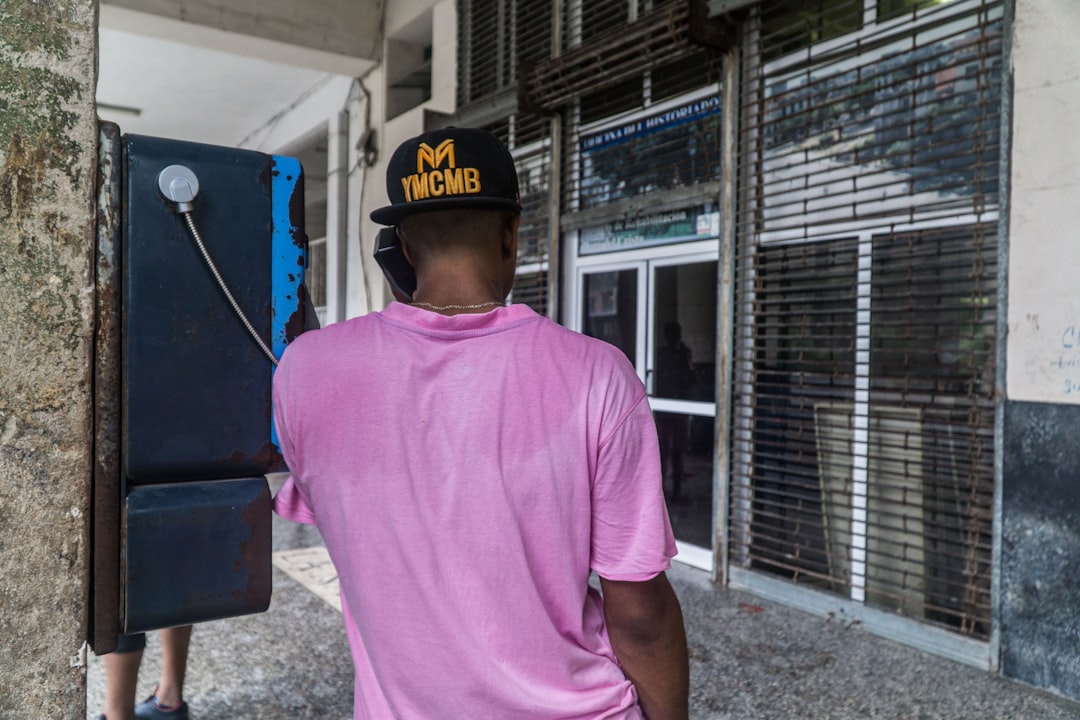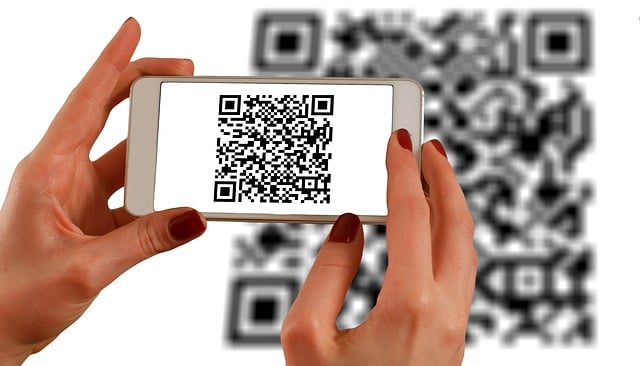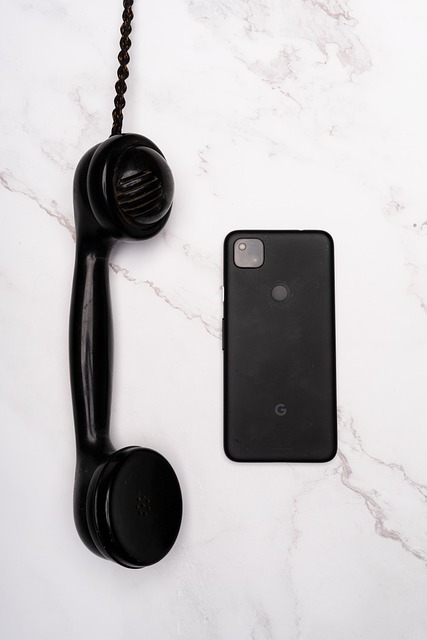Robocall consent laws in Los Angeles and California, enforced by the Telephone Consumer Protection Act (TCPA), grant consumers the right to refuse automated marketing calls. Unwanted calls, defined as those using automated dialing or prerecorded messages without explicit consent, are a common nuisance. Consulting with an unwanted call lawyer DC, attorney, or reputable law firm offers legal recourse for persistent or unauthorized robocalls. These professionals navigate TCPA complexities, provide guidance, and represent clients to stop harassment and claim compensation. Engaging specialized law firms in Washington D.C. has led to significant reductions in unwanted calls nationwide.
In Los Angeles, as across the nation, robocalls have become a ubiquitous—and often unwanted—disturbance. While many consumers embrace legitimate calls, the sheer volume of telemarketing and sales pitches can feel like an invasion of privacy. This article delves into the legal landscape surrounding robocall consent laws in LA, empowering consumers with knowledge about their rights against unwanted calls. We explore the legal repercussions for violators, the role of law firms in combating robocallers, and tips for choosing the right unwanted call lawyer in DC to protect your consumer rights.
- Understanding Robocall Consent Laws in Los Angeles
- What Constitutes an Unwanted Call?
- The Legal Ramifications of Telemarketers Violating Consent
- Rights of Consumers: Unwanted Call Protection
- Navigating Legal Action Against Telemarketers
- Choosing the Right Unwanted Call Lawyer in DC
- Building a Case: Evidence and Documentation
- Success Stories: How Law firms Have Fought Back Against Robocallers
Understanding Robocall Consent Laws in Los Angeles
In Los Angeles and throughout California, robocall consent laws are strictly enforced to protect residents from unwanted telemarketing calls. These laws give consumers the right to refuse automated phone calls for marketing purposes. If a caller ignores this restriction and continues to make robocalls, they may be violating federal and state regulations. Consumers who experience persistent or unauthorized robocalls can seek legal recourse by consulting an unwanted call lawyer DC, unwanted call attorney DC, or reaching out to reputable unwanted call law firms DC.
The Telephone Consumer Protection Act (TCPA) is a key piece of legislation that outlines the rules for telemarketing and prerecorded messages. It grants individuals the ability to opt-out of such calls by simply asking the caller to stop. Any entity or individual found guilty of violating these laws can face substantial fines, adding up to $500 per call in some cases. This strict enforcement aims to deter companies from engaging in aggressive telemarketing practices and empower consumers to control their phone lines, especially in areas like Los Angeles where a high volume of calls can contribute to an overwhelming unwanted call experience.
What Constitutes an Unwanted Call?
In the context of telemarketing and consumer protection, an “unwanted call” refers to any phone call initiated with the use of an automated dialing system or a prerecorded message, often known as robocalls, that a recipient has not explicitly agreed to receive. This includes calls from telemarketers attempting to sell products or services, regardless of whether the caller ID displays a number you recognize or not. The National Do Not Call Registry is a significant tool for consumers to exercise their right to decline such calls, yet many robocallers continue to ignore these restrictions, leading to legal consequences for violating federal and state laws, particularly in Washington D.C.
If you’ve received an unwanted call from a telemarketer in the District of Columbia, it’s advisable to consult with an experienced unwanted call lawyer DC or unwanted call attorney DC. Specialized unwanted call law firms DC can guide you through the legal process, helping you understand your rights and potential remedies under the Telephone Consumer Protection Act (TCPA) and other relevant laws. Engaging their services might be your best course of action if you’re considering taking legal action against a telemarketer who has repeatedly ignored your “do not call” requests.
The Legal Ramifications of Telemarketers Violating Consent
Telemarketers who ignore do-not-call requests and continue to make unwanted calls face severe legal consequences. In the United States, the Telephone Consumer Protection Act (TCPA) is a federal law designed to curb robocalls and protect consumers from unsolicited phone marketing. The TCPA prohibits businesses from making automated or prerecorded calls to individuals who have registered their numbers on the National Do-Not-Call Registry.
If a telemarketer violates this law, individuals who receive these unwanted calls can take legal action by hiring an unwanted call lawyer DC or unwanted call attorney DC. Victims can file a lawsuit and seek damages for each violation, which can amount to substantial monetary compensation. Additionally, the Federal Trade Commission (FTC) plays a crucial role in enforcing do-not-call rules, and companies found guilty of multiple violations may face significant fines and other penalties. Therefore, businesses should be mindful of consumer privacy rights and adhere to relevant laws to avoid legal repercussions from unwanted call law firms DC or facing claims from disgruntled customers.
Rights of Consumers: Unwanted Call Protection
In today’s digital era, consumers have valuable rights when it comes to protecting themselves from unwanted calls, especially those from telemarketers. The Telephone Consumer Protection Act (TCPA) in the United States grants individuals significant powers to manage and control inbound robocalls and sales calls. One of the key provisions ensures that businesses obtain explicit consent before making automated or prerecorded calls to consumers’ phone numbers. This means that if you have registered your number as “Do Not Call” or have not given permission for marketing calls, unwanted call lawyers in DC can help you take action against violators.
If you’ve been plagued by persistent telemarketing calls despite your wishes, an unwanted call attorney in DC can offer guidance and legal representation. They can assist in navigating the complexities of the TCPA and help you pursue compensation or stop the harassment altogether. Many unwanted call law firms in DC specialize in these cases, ensuring that consumers’ rights are protected. By holding telemarketers accountable, these professionals contribute to a more peaceful and less intrusive communication environment for all residents of Los Angeles and beyond.
Navigating Legal Action Against Telemarketers
When dealing with persistent or illegal telemarketing calls, many individuals consider their options for legal action. If you’ve received unwanted calls in Washington, D.C., exploring your rights and seeking representation from a reputable unwanted call lawyer DC or unwanted call attorney DC is essential. These professionals can guide you through the complexities of federal and local consumer protection laws, such as the Telemarketing and Consumer Fraud and Abuse Prevention Act (TCFA).
Engaging an unwanted call law firm DC specializing in telemarketing regulation will provide you with a robust legal advocate. They can help draft cease-and-desist letters, file complaints, or even represent you in court if necessary. With their expertise, they’ll ensure you receive the justice and redress you’re entitled to under unwanted call laws.
Choosing the Right Unwanted Call Lawyer in DC
When facing a sea of unwanted robocalls, it’s crucial to turn to an expert in your corner. In Washington DC, selecting the right unwanted call lawyer can be transformative for your peace of mind and legal standing. Look for a reputable unwanted call attorney or law firm DC that specializes in telecommunications law, ensuring they have a proven track record of successfully defending clients against robocall violations.
A top-tier unwanted call law firm DC will possess deep knowledge of the Telephone Consumer Protection Act (TCPA) and other relevant laws, enabling them to navigate complex legal landscapes on your behalf. They should offer personalized strategies tailored to your situation, whether it’s negotiating with telemarketers or filing a lawsuit to stop these intrusive calls once and for all.
Building a Case: Evidence and Documentation
Building a solid case against telemarketers violating robocall consent laws requires meticulous evidence collection and thorough documentation. Unwanted call lawyers DC, also known as unwanted call attorneys or law firms in DC, play a crucial role here. They advise clients on gathering detailed records of each suspected illegal robocall, including the caller’s phone number, date and time of the call, and any specific marketing message conveyed. This can involve saving voicemail messages, text logs, and even screen recordings of the calls.
Furthermore, these legal experts help in organizing and presenting evidence that demonstrates clear violations of federal or state do-not-call laws. Documentation might include client affidavits detailing the impact of the unwanted calls, as well as any efforts made to opt out or stop the calls. Such comprehensive documentation is vital for a successful case against telemarketers abusing their rights, ensuring those affected by persistent robocalls have a strong legal argument and increased chances of seeking justice and compensation.
Success Stories: How Law firms Have Fought Back Against Robocallers
In the battle against robocallers and their relentless unwanted calls, law firms across the nation have emerged as powerful allies for consumers. One notable success story unfolds in the vibrant city of Washington D.C., where top-rated law firms specializing in telecom regulations have taken on these persistent intruders. Through strategic legal actions, they’ve not only protected residents from invasive robocalls but also set important precedents.
These law firms, armed with expertise in consumer protection and telecommunications laws, have successfully pursued legal action against telemarketers who violate do-not-call lists. Many clients, feeling empowered, have reached out to unwanted call lawyers DC and unwanted call attorneys DC for assistance. The result? A significant decrease in robocalls received by D.C. residents, offering a respite from the constant nuisance. This victory not only brings relief to individuals but also strengthens the legal framework against these persistent violators, serving as an example for other cities across the country.






